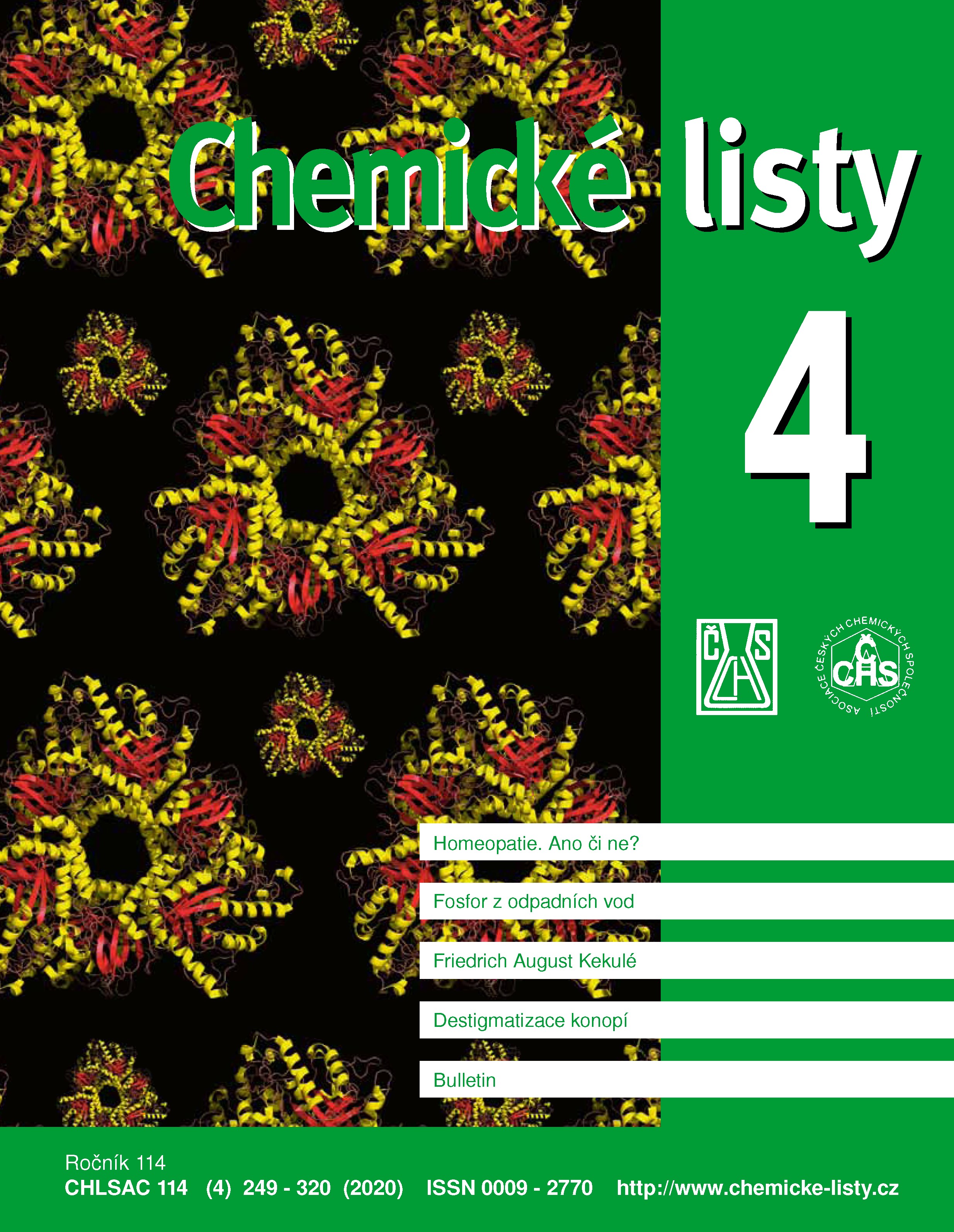Ohrozuje environmentálny polutant bisfenol a zdravie človeka?
Klíčová slova:
polykarbonátové plasty, bisfenol A, endokrinná disrupcia, expresia génov, genotoxický účinokAbstrakt
A wide range of substances currently present in the environment may interact with biologically important macromolecules and may thus negatively affect their function. One of them, bisphenol A (BPA), is a basic material used in the production of polycarbonate plastics and epoxy resins, which adds flexibility and durability to the products. Because of its ability to migrate from these products, it represents a potential risk to the environment and to the quality of life of the organisms living there. One of the known mechanisms of BPA's action on organisms acts via estrogen receptors, leading to the blocking or mimicking of natural ligands, i.e., sex hormones. Another way BPA can affect cells is to induce oxidative damage to macromolecules including DNA. Therefore, BPA is referred to as a genotoxic agent. Moreover, BPA can also act epigenetically, through altered methylation of some genes, which may affect their expression. This process may represent a risk of inducing or promoting the transformation of healthy cells into tumorous ones. Such disruption of the body's natural environment is therefore undesirable and in contradiction with a healthy and prosperous individual's life.





